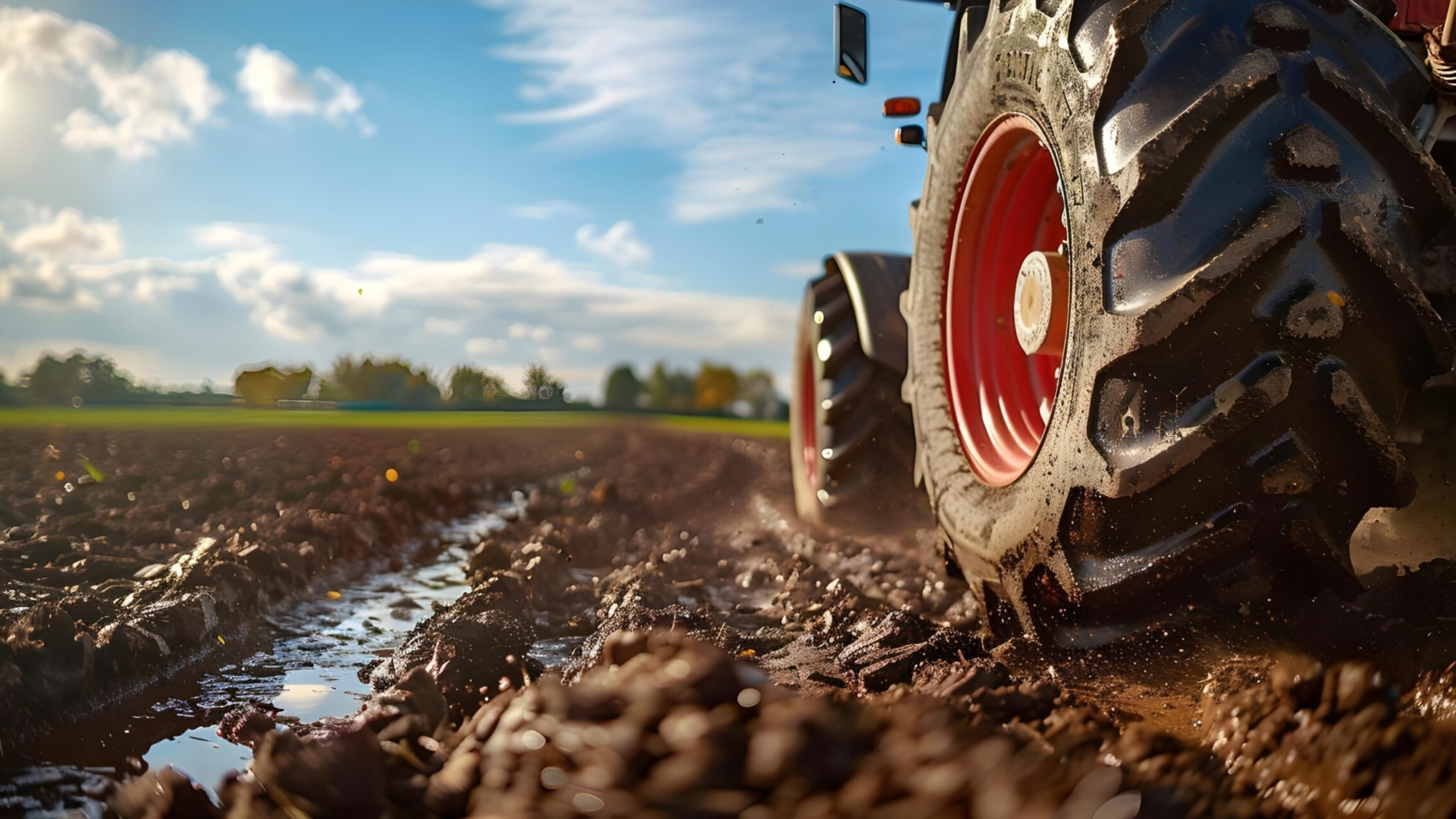Farming Isn’t Just Work—It’s a Way of Life
Running a farm isn’t simply a job—it’s a rhythm, a lifestyle, and a commitment. From sunrise to sunset, every task depends on machinery that is reliable, durable, and safe. Yet one vital element often goes unnoticed: tire safety. Whether you’re plowing fields, hauling heavy loads, or navigating uneven terrain, healthy tires are essential to keeping everything running smoothly. A single tire failure can stall a day’s work, cost precious time, and even create serious safety risks.
Here’s a practical guide to keeping your tires in top condition, so you can focus on what matters most—running your farm efficiently and safely.
1. Keep a Close Eye on Your Tires
Imagine this: your tractor hums across the field, and suddenly—thud—a puncture. Stranded, work piling up, valuable time lost. Regular inspections can prevent these frustrating and costly interruptions. Look for cracks, cuts, bulges, or uneven wear. Uneven tread can indicate hidden issues like misalignment or incorrect inflation.
Pro Tip: Make tire checks part of your daily routine. A quick walk around your equipment before starting can save hours—and headaches—later.
2. Inflation Is Everything
Proper tire inflation isn’t optional—it’s critical. Underinflated tires wear out faster, burn more fuel, and increase the risk of blowouts. Overinflated tires, meanwhile, reduce grip—the last thing you want on wet or uneven ground.
Quick Tip: Keep a reliable tire gauge handy and check pressure regularly. Adjust for the task at hand—a setting that works on the road may not be ideal in the field.
3. Respect Load Limits
When deadlines loom, overloading machinery is tempting. But every tire has a maximum load rating. Exceeding it can cause serious damage—or worse, dangerous blowouts mid-job. Always check the tire’s load capacity and match it to your work.
Quick Tip: Tire load ratings are usually printed on the tire or listed in your equipment manual. Knowing these numbers keeps you safe and extends tire life.
4. Tread Depth Matters More Than You Think
Ever felt your tractor slipping or struggling for grip? That’s your tires sending a warning. Worn or shallow treads reduce traction, especially on slopes or muddy terrain, making machinery harder to control and increasing the risk of accidents.
Pro Tip: Monitor tread depth regularly and replace tires before grip becomes a problem. You’ll feel the difference when navigating tough terrain.
5. Match Tires to the Task
Just as you wouldn’t use a wrench to hammer a nail, your machinery deserves the right tires for the job. Radial tires provide excellent traction and are gentler on soil for fieldwork, while bias-ply tires offer durability for rugged terrain.
Quick Tip: Unsure which tires suit your operations? Consult a tire specialist. The right choice boosts efficiency, safety, and comfort during long workdays.
6. Store Tires Properly
Tires left exposed to the elements degrade faster. Sunlight, moisture, and extreme temperatures can compromise integrity over time. Proper storage is key to longevity—keep spares in a cool, dry place, store them upright, and cover them to protect against UV rays and moisture.
Quick Tip: Treat spare tires like an investment—they’ll pay off when you need them most.
7. Alignment and Balance Are Unsung Heroes
Misaligned tires wear unevenly and can make steering harder, introducing unwanted vibrations. Balanced tires improve performance, reduce wear, and make your machinery easier to control.
Quick Tip: If your equipment pulls to one side or vibrates unusually, schedule an alignment and balance check. A small adjustment now prevents bigger problems later.
Why Tire Safety Matters
Maintaining your tires isn’t just about avoiding breakdowns—it’s about safety, efficiency, and productivity. Farming means navigating mud, steep slopes, and heavy loads. A tire failure in the middle of this can be costly—and dangerous.
By following these practical steps, you’ll reduce the risk of accidents, extend tire life, save fuel, and keep your equipment running smoothly. Tire maintenance may feel like an extra chore on a busy schedule, but it’s one of the most valuable investments you can make. A little attention today keeps your farm operating safely, efficiently, and successfully tomorrow.

